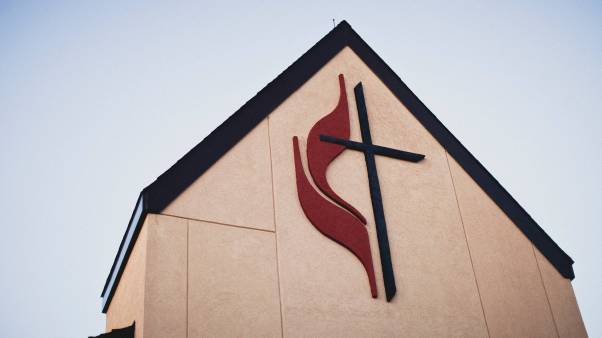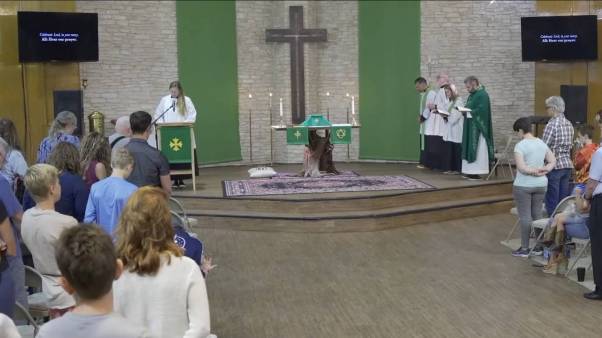Get the most recent headlines and stories from Christianity Today delivered to your inbox daily.
Mainline Protestants
Mainline Protestantism, consisting of the Congregational, Presbyterian, and Episcopal denominations, used to be a dominant force in American life, both in terms of church membership figures and cultural prestige. Since the mid-20th century, however, the mainline has increasingly jettisoned traditional Christian teachings in favor of social activism, with the consequence that both membership figures and cultural prestige have undergone a precipitous decline. Today, mainline denominations are frequently riven by conflict between progressive and traditionalist factions, which battle over property rights, theological and political stances, mission statements, and control of leadership posts.
All Articles
The Russell Moore Show
Predictions About the Future of the Christian Church
A conversation on the state of American religion.
Are the Global Methodists Evangelical?
Here’s why the new denomination may or may not fit the label.
News
Korean American Methodists Struggle to Split from UMC
Some conservative churches that voted to disaffiliate say the denomination has responded by forcing out their pastors and charging them millions to keep their property.
News
Two Anglican Church Plants Leave for the Episcopal Church
Resurrection South Austin is the latest to go, citing issues around race, women, sexual minorities, and abuse response.
The Russell Moore Show
Fleming Rutledge on the Cross
The priest and author speaks to the power of the Crucifixion.
News
Evangelicals Are the Most Beloved US Faith Group Among Evangelicals
And among the worst-rated by everybody else.
Review
Beware Drawing Bright Lines Between Evangelical and Ecumenical Protestants
The divisions between these “parties” are important. So are the divisions within them.
Review
From the Rise of the ‘Nones’ to the Indifference of the ‘Never Weres’
A sociologist observes the changing tides of American antireligion.
Baby Blues: How to Face the Church’s Growing Fertility Crisis
If current rates continue, most religious communities in America will shrink by more than half within three generations. But nondenominational Christianity might buck the trend.
Nondenominational Churches Are Adding Millions of Members. Where Are They Coming From?
It’s not mainline traditions anymore.










